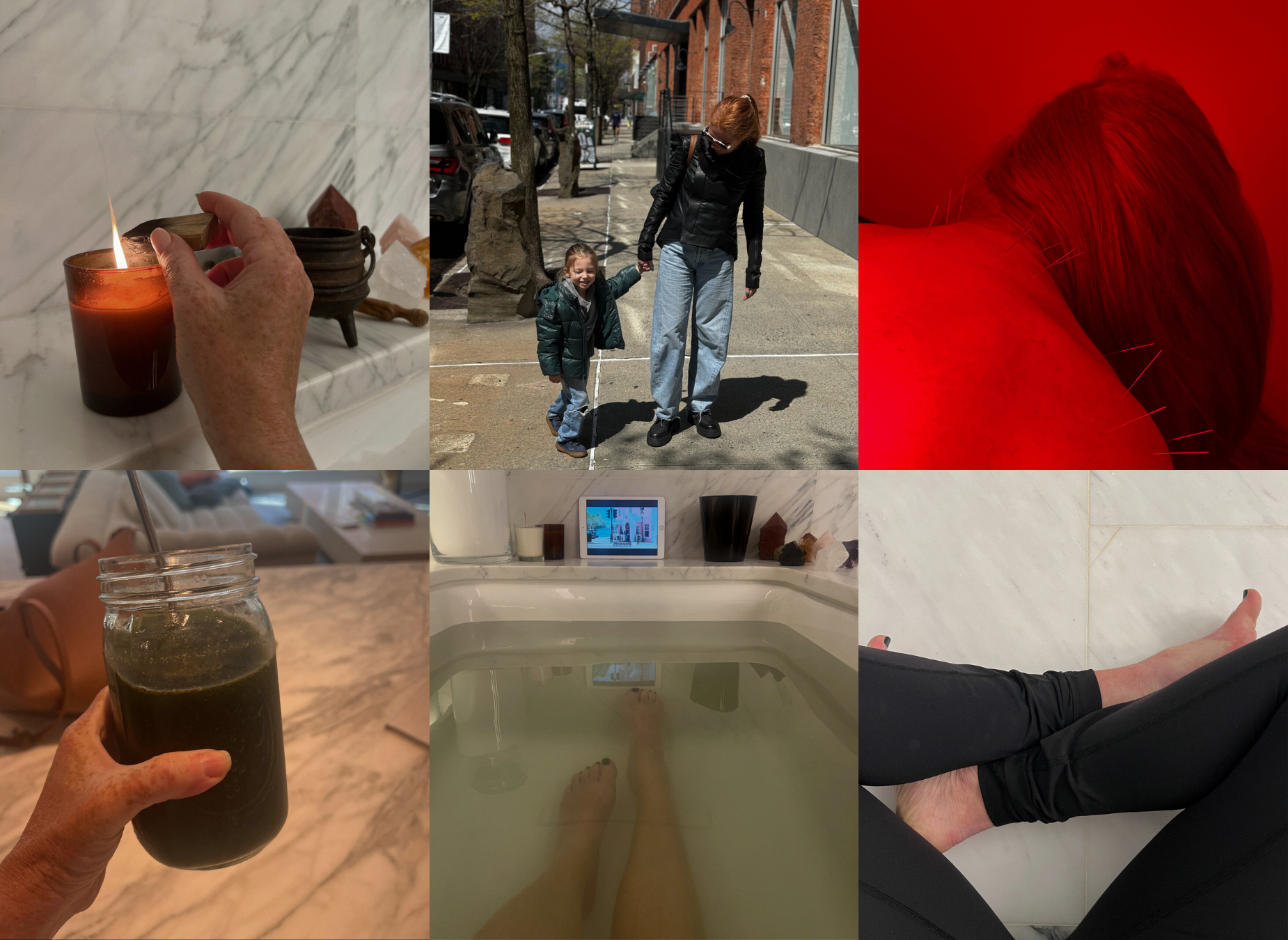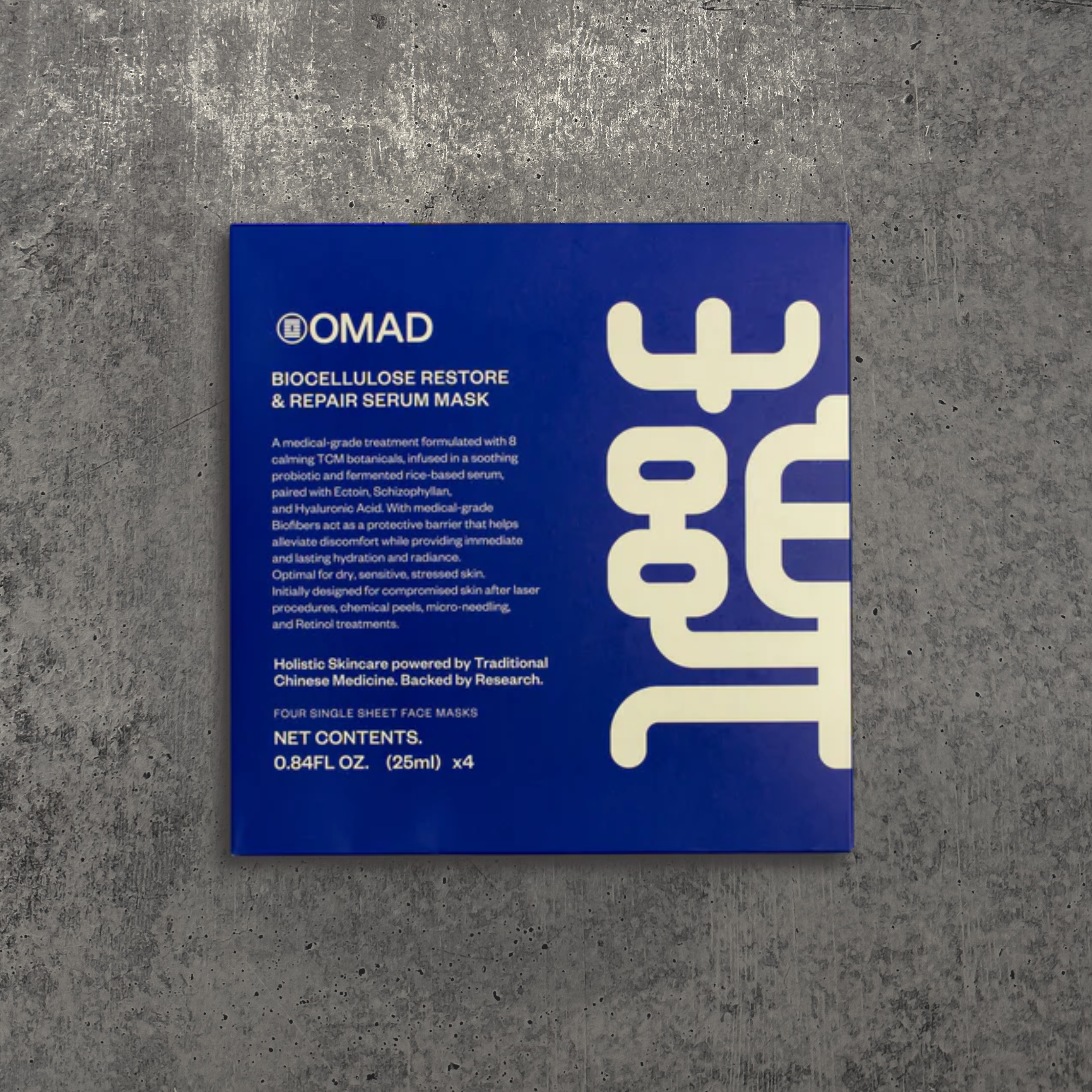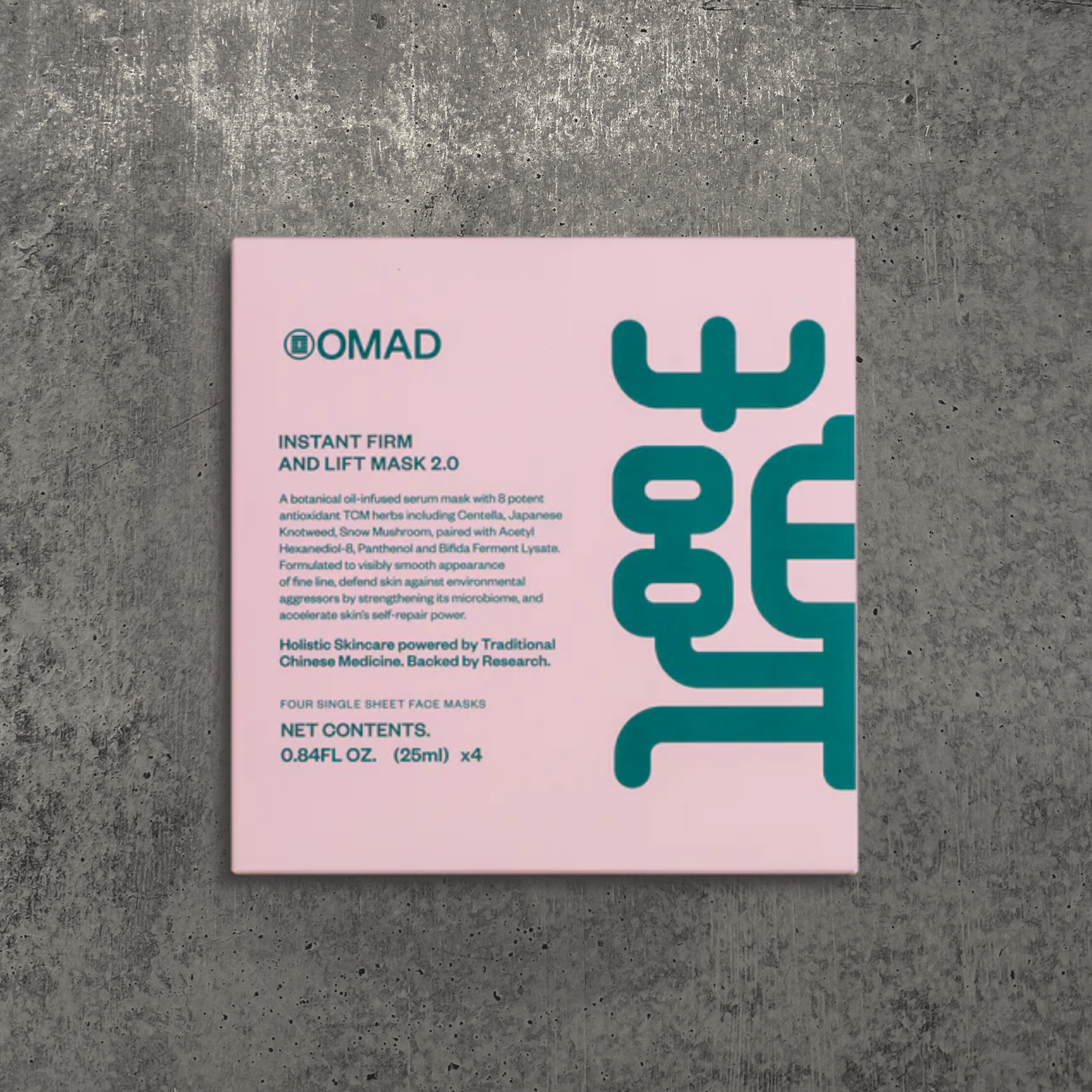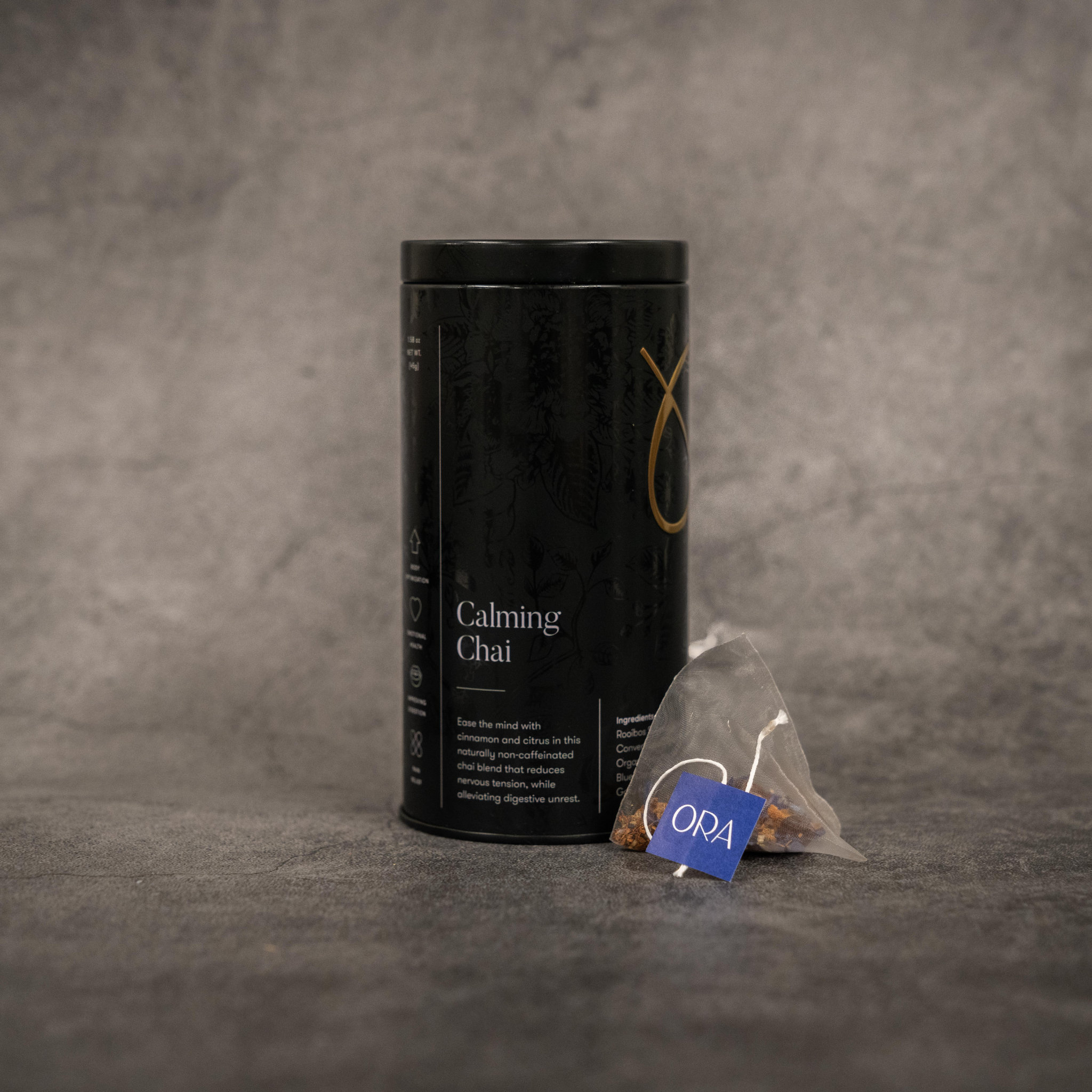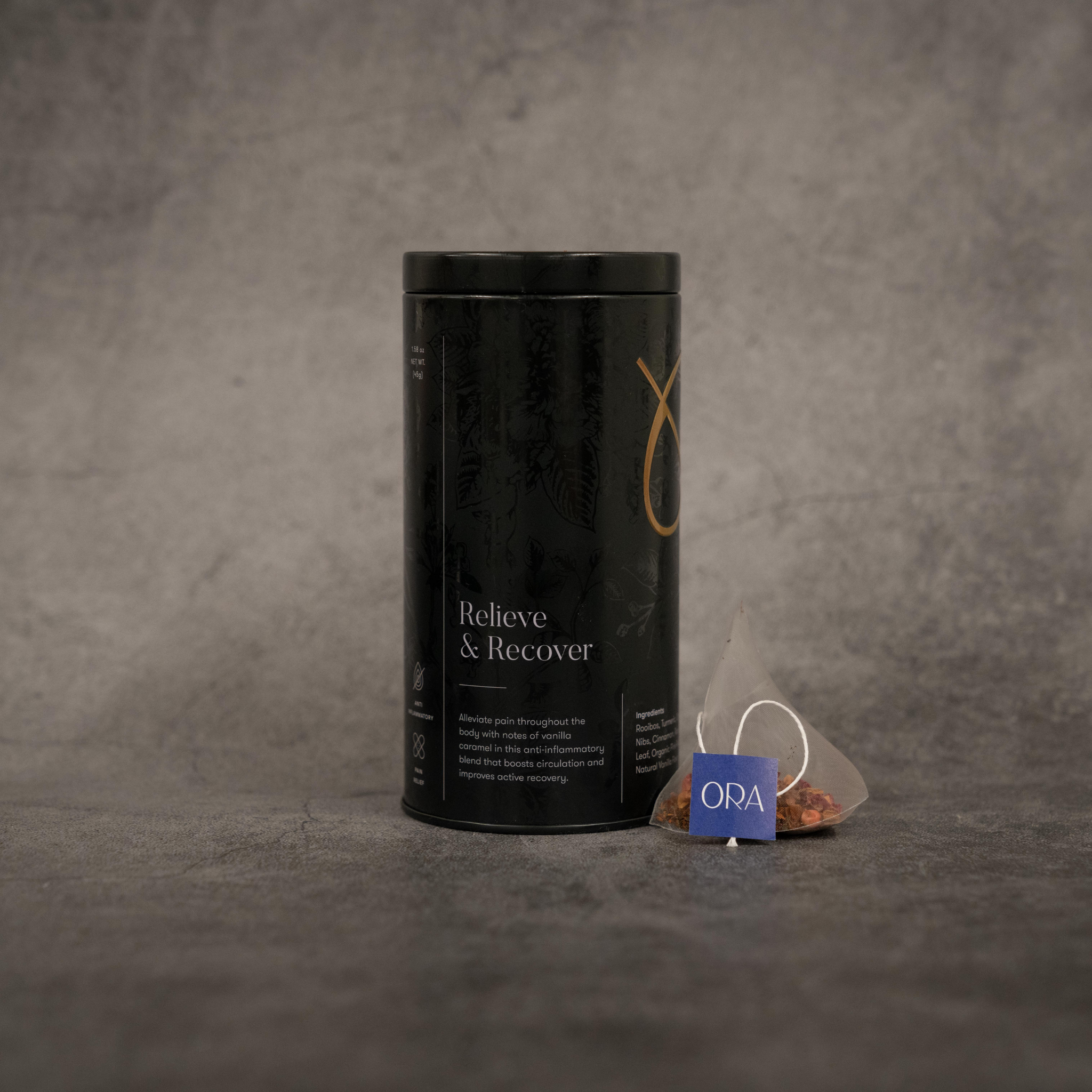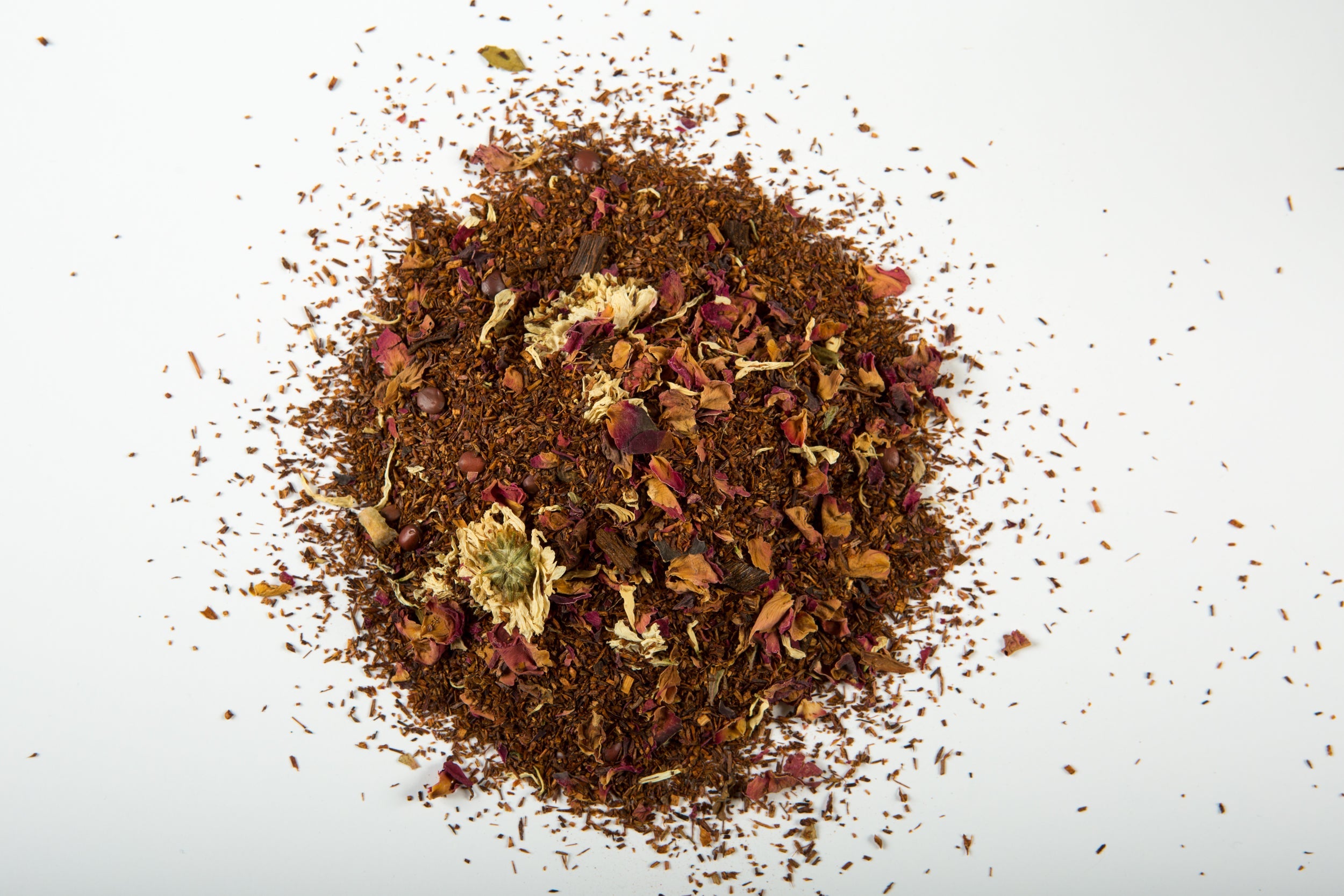It’s one of those phrases you see everywhere lately:
Regulate your nervous system.
Nervous system dysregulation.
Fight or flight. Freeze. Rest and digest.
But what does it really mean? And more importantly, how do you know when it’s happening?
Let’s take a moment together.
Drop into your body.
Notice your jaw. Are you clenching?
Notice your shoulders. Are they lifted toward your ears?
Notice your breath. Is it shallow, or are you holding it without realizing?
That moment of noticing is where nervous system awareness begins. It’s not something outside of you. It’s not a diagnosis or a wellness trend.
Your nervous system is the conductor of your internal world. It keeps score of your safety and communicates through sensation.
What It Feels Like to Be Regulated
When your nervous system is regulated, you feel grounded and present. You respond rather than react. Your thoughts feel clearer. Your breath slows. You feel like yourself again.
What It Feels Like to Be Dysregulated
When you’re dysregulated, the world might feel too loud. Small things can feel like big problems. You may feel anxious, scattered, numb, or constantly exhausted. You might find yourself reacting from old patterns you thought you had outgrown. But this is not a failure. It is your body asking for support.
So What Actually Helps?
Not just in theory, but in the middle of real life. When your to-do list is long, and your nervous system is whispering(or shouting) that it’s had enough… Here are a few ways to return to balance:
Breathwork
In Traditional Chinese Medicine, the lungs are more than just organs. They are protectors of qi, your vital life force. The breath is a bridge between body and spirit. The way you breathe either regulates your system or adds to your stress.
Try this:
- Take a slow, deep breath in through your nose. Let the air fill your belly, then your ribs, then your chest.
- Exhale gently through your nose.
- Let your shoulders drop. Let your jaw relax.
- Repeat a few more times.
- Let the exhale be just a little longer than the inhale.
With each breath, your body begins to soften. Your nervous system starts to shift.
This kind of breath isn’t just relaxing. It rewires your response to stress.
Meditation
In Traditional Chinese Medicine, the Heart is considered the emperor. It governs the mind and spirit. When the heart is peaceful, the rest of the body follows.
One beautiful way to support it: a heart-opening meditation.
- Sit or lie down in a quiet space.
- Place one hand over your heart and the other on your belly.
- Breathe slowly in and out through your nose.
- Imagine a soft, warm light glowing at the center of your chest. With each inhale, the light grows. With each exhale, it expands.
Let it move into areas of tension. Let it remind your body: you are safe.
If you want to deepen the experience, you can hold a piece of rose quartz or place it on your chest. Rose quartz is a stone of unconditional love. It carries a steady, calming energy that encourages softness and self-connection. The nervous system responds to this kind of gentleness.
Meridian Awareness and Acupressure
In Chinese Medicine, energy flows through pathways called meridians. Each meridian relates to specific organs, emotions, and elements. When the flow becomes stagnant, it creates emotional or physical imbalances.
You can begin to reconnect through simple touch.
Try these points:
- Liver 3: Located on the top of the foot between the big toe and second toe. This point helps release frustration and move stuck energy.
- Pericardium 6: Found on the inner forearm, a few finger-widths above the wrist crease. This point is known to calm the mind and soothe anxiety.
Hold the point gently while breathing deeply. This is how energy begins to move again.
Touch and Warmth
There is nothing superficial about comfort. In Chinese Medicine, cold is thought to cause stagnation. Warmth restores flow. It softens the body and supports regulation.
You can place a warm compress on your lower belly or back. Sip a hot herbal tea. Wrap yourself in a blanket. Place your hand on your chest or belly and simply feel your own touch. These small acts have real impact. They remind the body that it is supported.
Being in Rhythm
Your nervous system doesn’t want you to be calm all the time. It wants you to be in rhythm.
Traditional Chinese Medicine teaches us to live in harmony with natural cycles: the seasons, the time of day, and our own internal energy. There is a time to rise and a time to rest. When we ignore those rhythms, the nervous system begins to strain. When we honor them, regulation becomes the default, not the goal.
Let yourself notice your natural rhythms. When do you feel energized? When do you need to retreat? What happens when you don’t override those signals?
Where ORA Comes In
We created ORA to be a sanctuary for your nervous system. A place where ancient wisdom and modern healing meet in real ways.
Whether it’s acupuncture to calm your meridians, red light therapy to soothe your system on a cellular level, or guided meditation to help you come home to yourself, every offering at ORA is designed to support your return to balance.
You don’t need to force calm. You don’t need to fix anything.
You just need the right support.
And that begins with remembering what it feels like to be in your body. Connected. Safe.
Home




